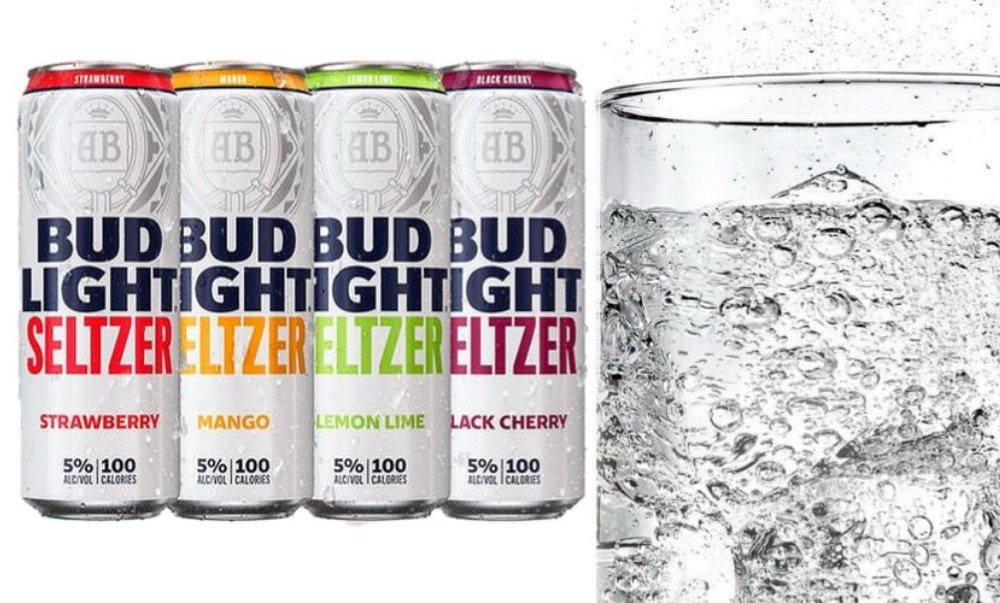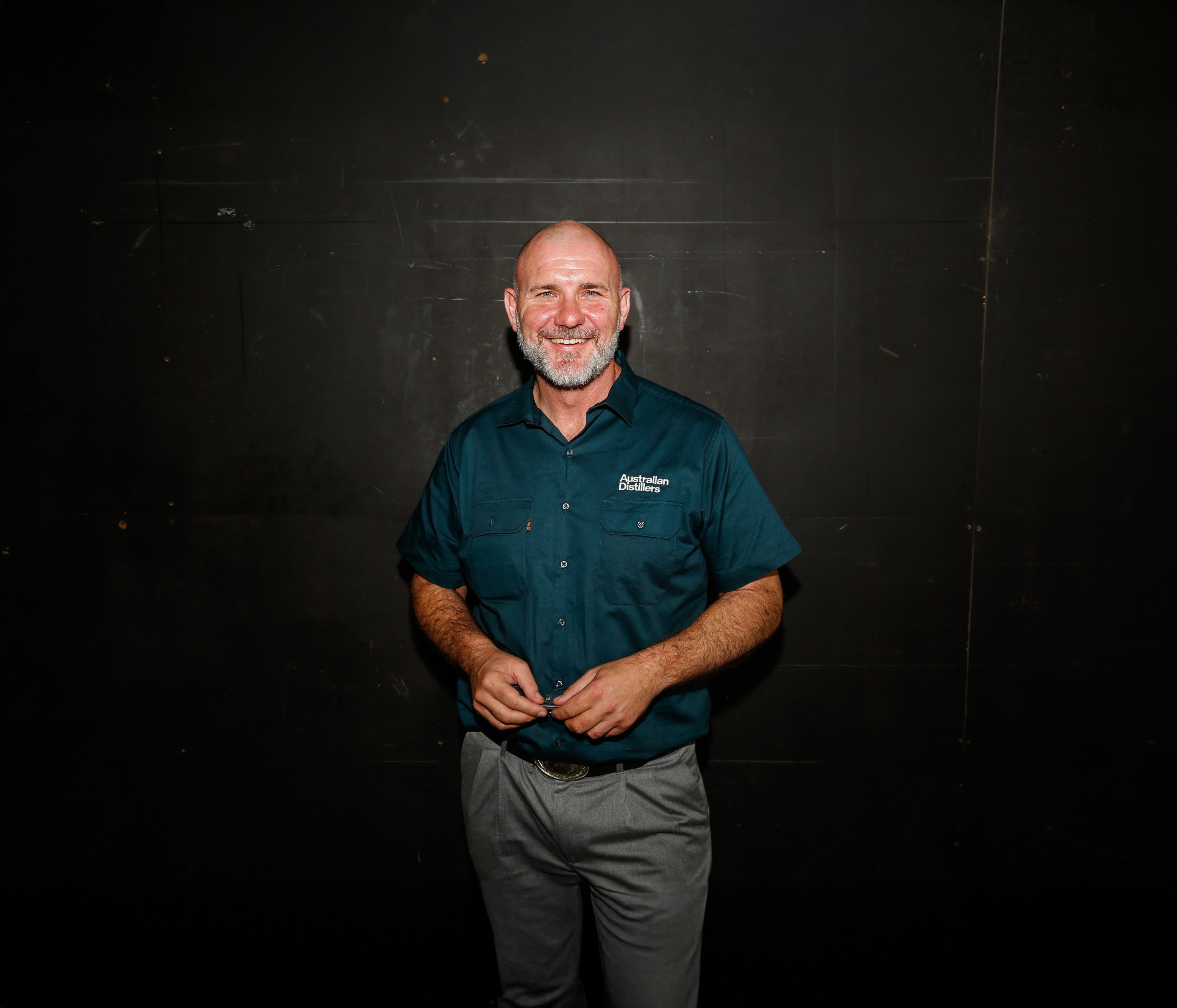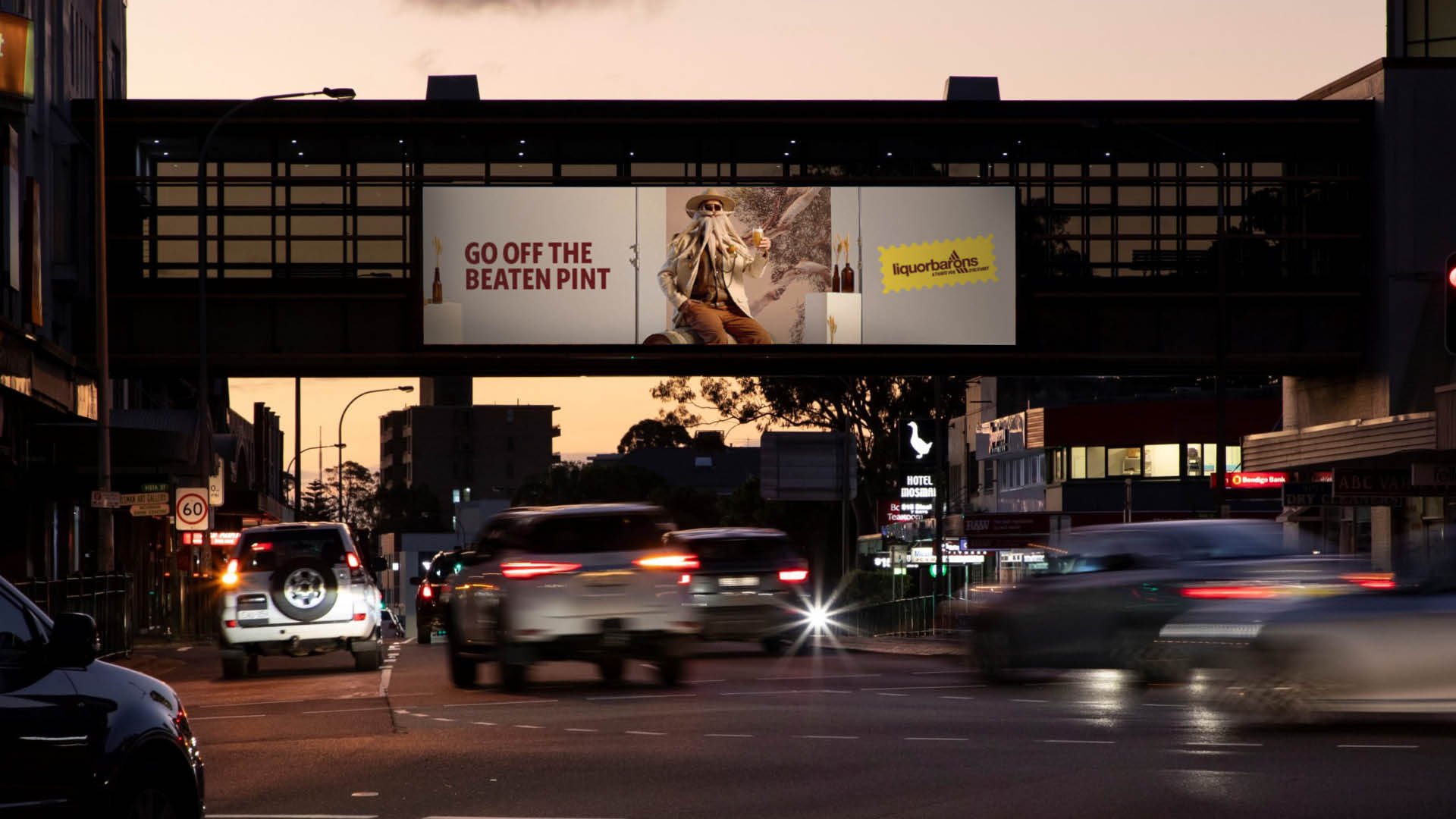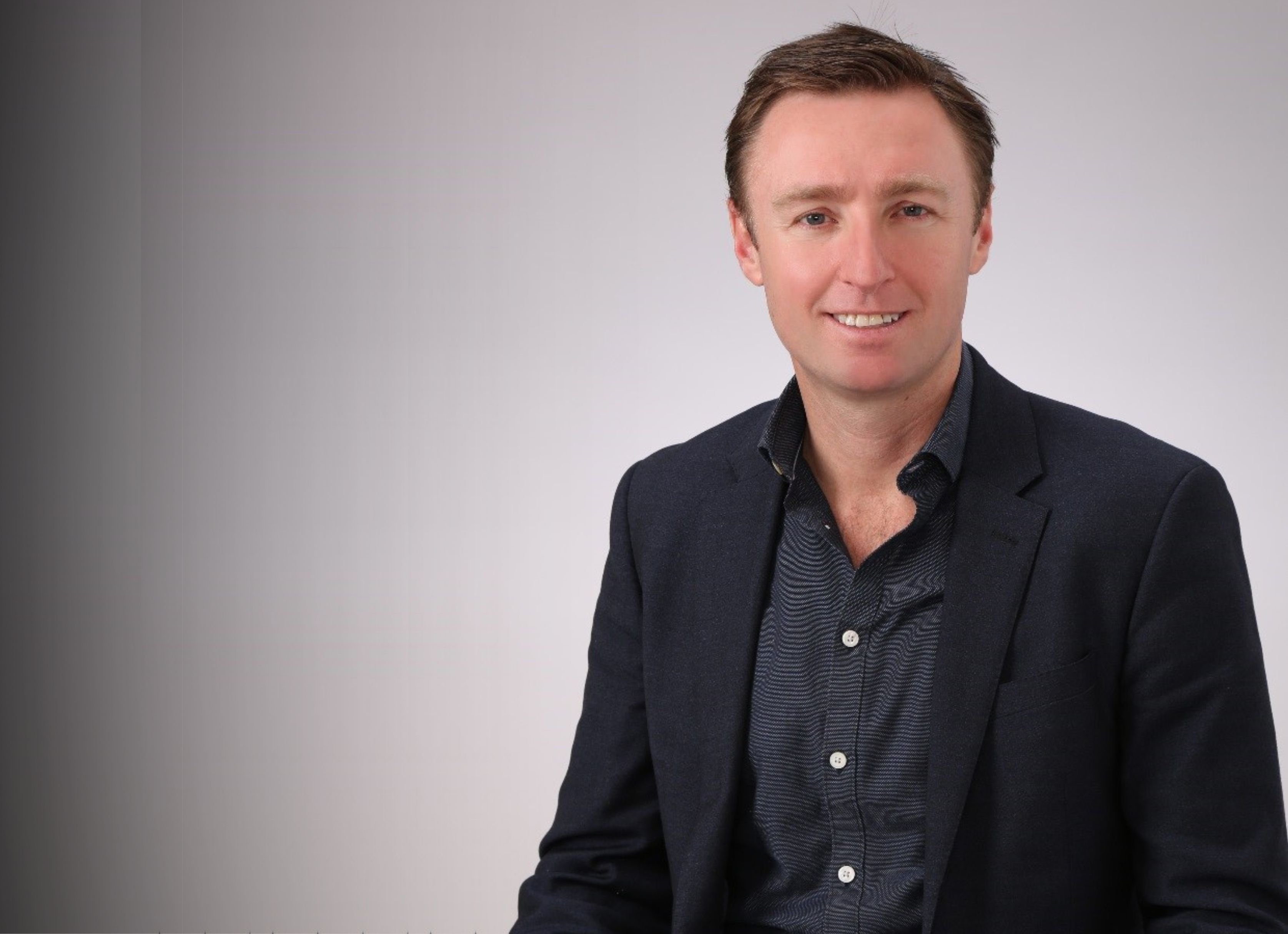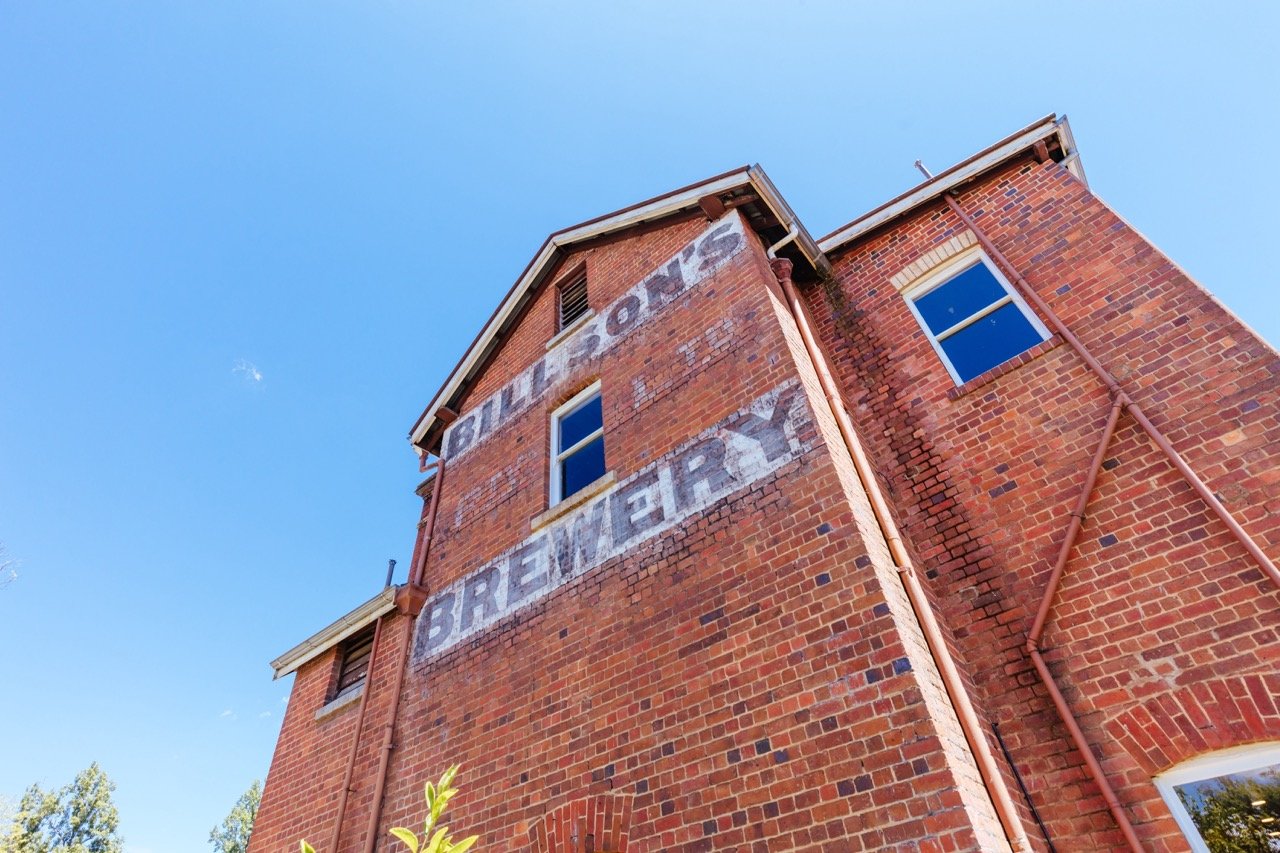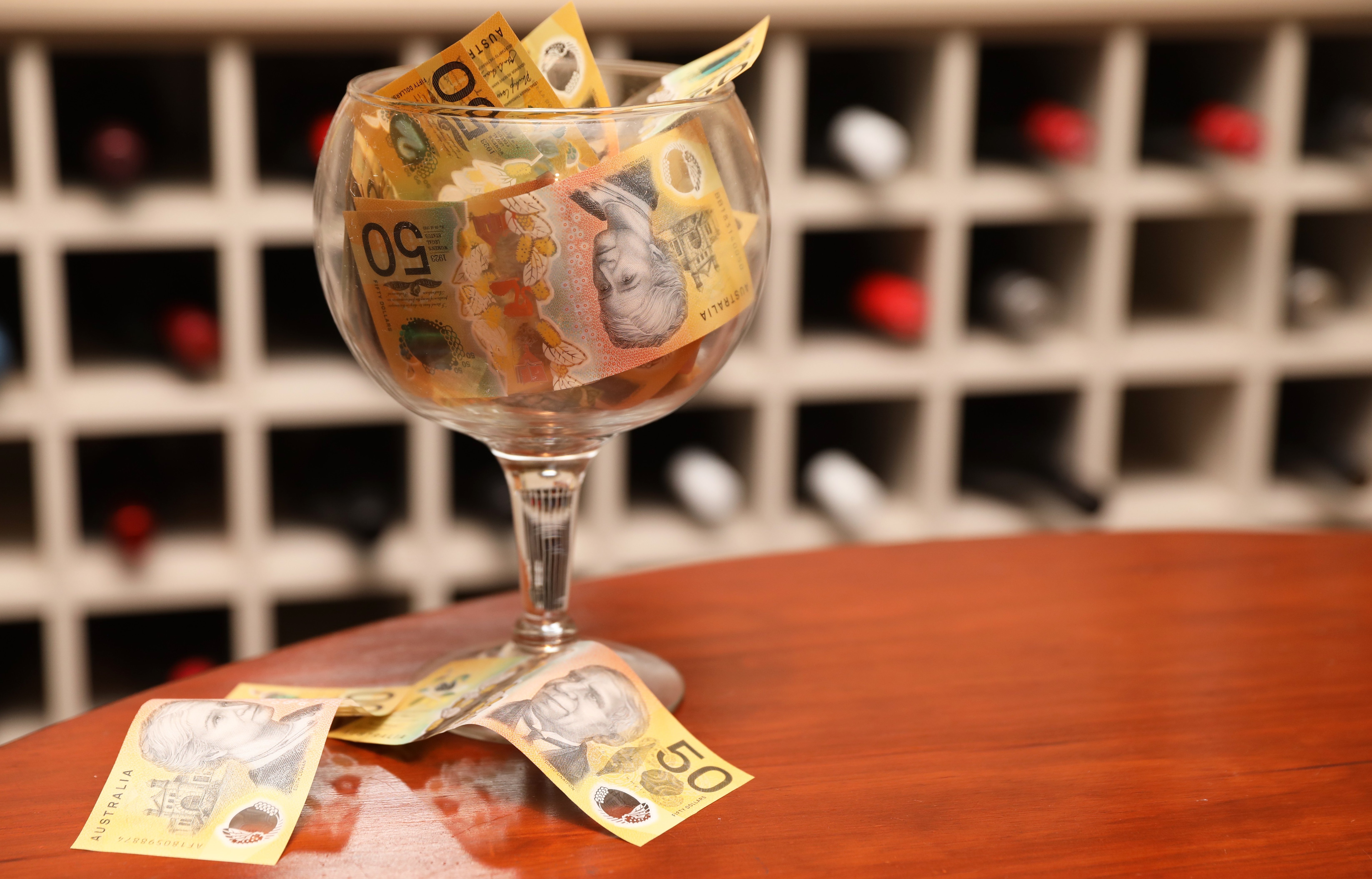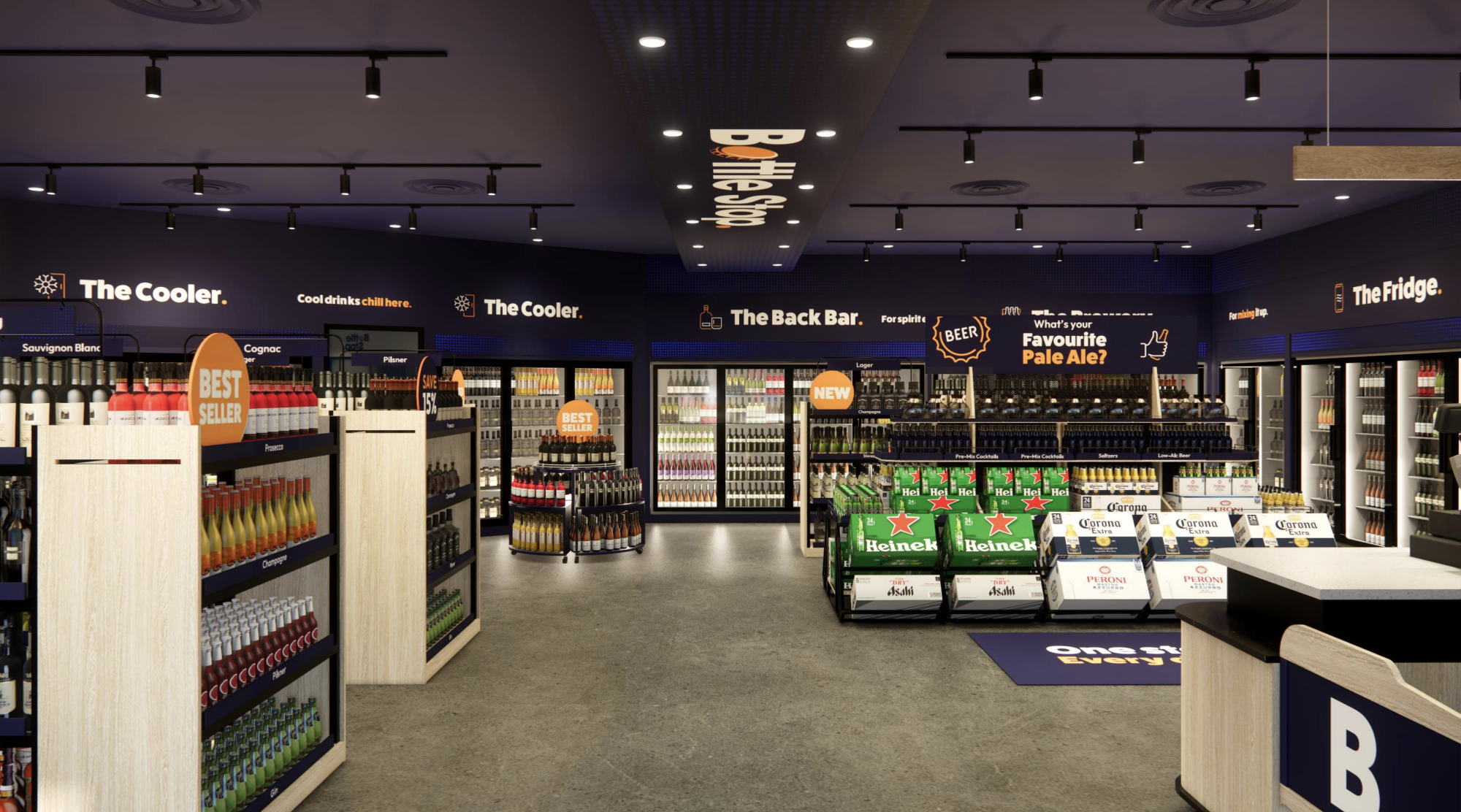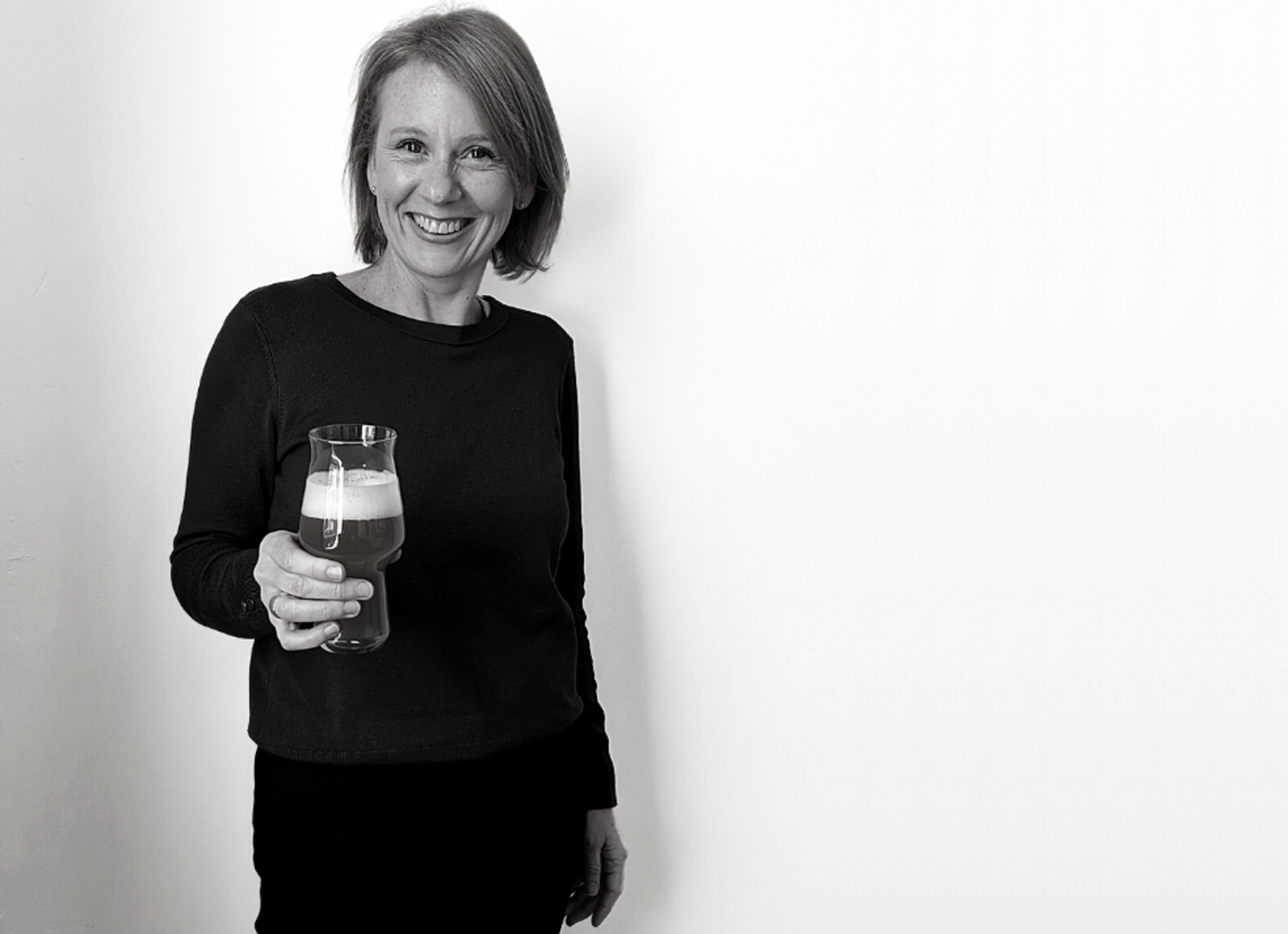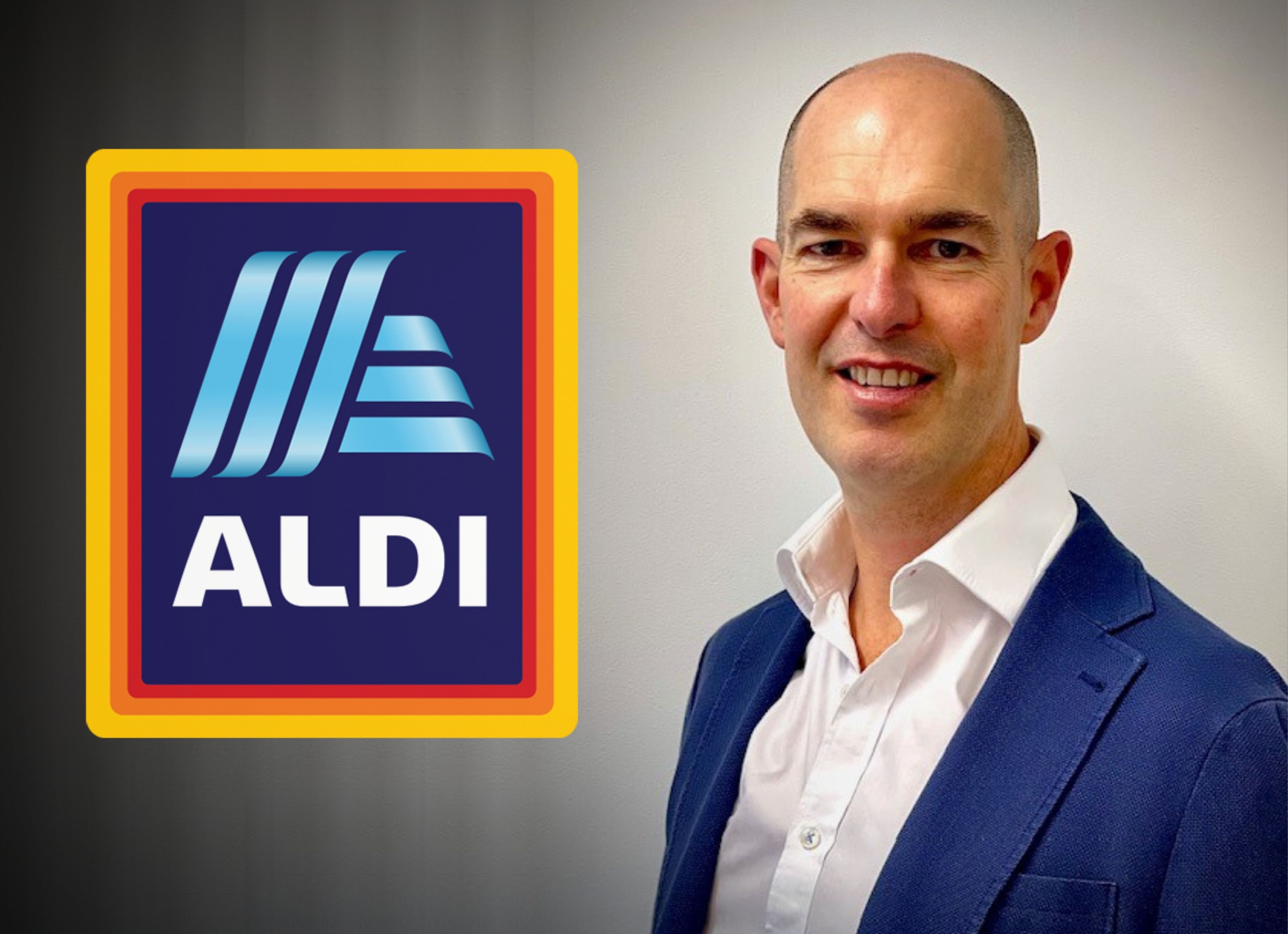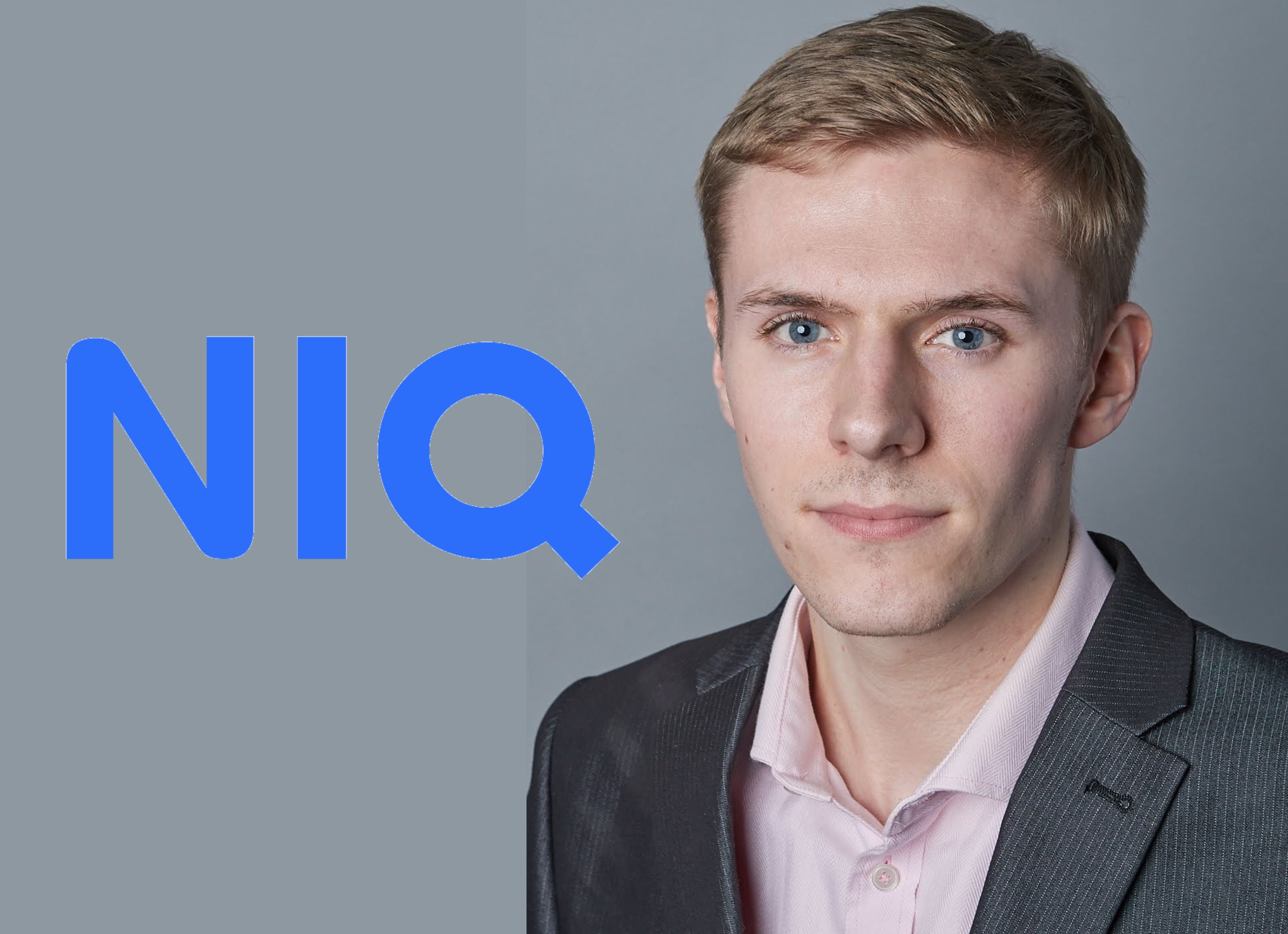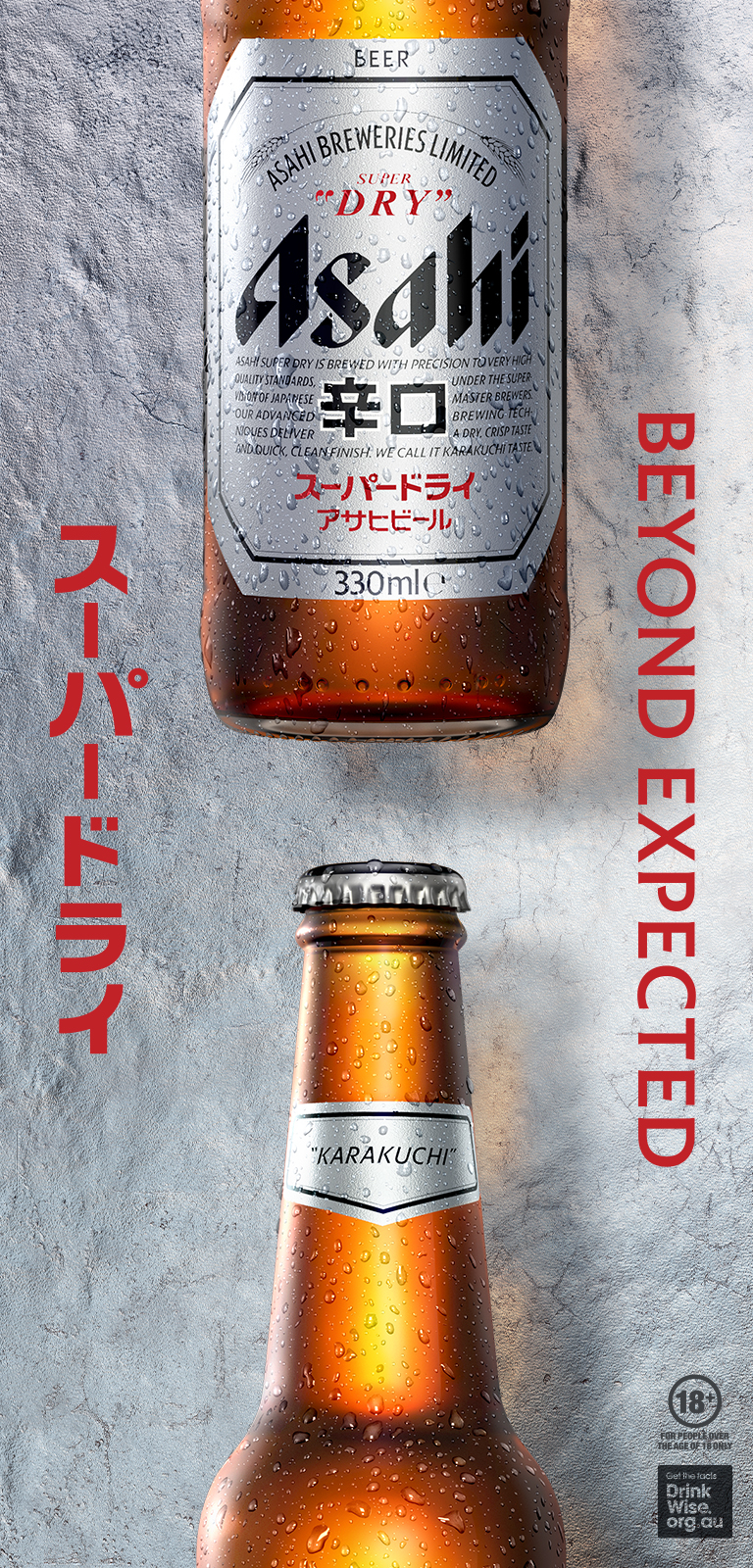AB InBev CEO Carlos Brito has put his money on alcoholic seltzer as the major source of future growth for the brewing giant.
In an analyst call, Brito noted that it's "Beyond Beer" category was key to sales, with seltzer being "a huge opportunity for us and for the beer industry in general".
The company established a new "Beyond Beer Brands" business unit in November last year.
"It's bringing new consumers to the category from wine, from spirits, so much so that the category went back to growth in the fourth quarter last year," Brito said.
"We started in this category with a 10% share. We're number three today [with Bud Light Seltzer]."
Bud Light Seltzer was launched in January, joining AB InBev's other seltzer brands Bon & Viv and Natty Seltzer.
According to sales data from Nielsen, White Claw is at No.1 and holds around 60% of the market, followed by Truly from Boston Beer at No.2, then Bud Light Seltzer at No.3 with a bullet.
Danelle Kosmal, vice president of Nielsen’s Beverage Alcohol Practice Area, told CNN Business that Bud Light Seltzer is the fastest launch of any spiked seltzer ever.
"I mean we're getting very quickly to close to 20% share of segment," Brito added.
"And we intend to get to number two position with this portfolio approach that again is catering to different price points and different consumer needs and occasions.
"It's interesting when you think what's happened with craft in the US. Craft was also an emerging trend that helped the beer category and brought new customers. So not unlike seltzer, we were behind because our legacy portfolio had no crafts. In a few years, we built the portfolio of craft brands that today grows at many, many times over what the craft industry grows.
"We grow at strong double digit versus the low single digits for the craft industry. And today we are the biggest players in the US and growing way ahead of the industry.
"The good news about seltzer compared to craft is that seltzer is a game of national brands, which of course caters much more to the way we go to market. So I think it's all good news, very profitable.
"It's incremental, brings new people to the category. It addresses a lot of trends that are out there in terms of health and wellness, and with flavours there are many things that can be accomplished."
When asked if he expected alcoholic seltzers to be margin accretive in the US this year Brito (above) said they would be "once production is streamlined, because today it's not yet there".
"As you can imagine we have to invest," he explained. "And today we're still dependent on a couple of breweries to cover the whole country. As it grows then we go for more breweries. Our US business guys announced an investment of $100 million in our Beyond Beer big bets in terms of OpEx and CapEx. And some of that CapEx is not only for capacity but also for localisation of capacity, so we can cover the whole US from a more streamlined perspective.
"We think there's a lot of interesting volume and margins to be captured here."
The commercial priorities for AB InBev
Brito said he had five commercial priorities in the US.
"The first priority is to grow Core Plus. We went from 6% of total market to 8% in two years driven by Michelob Ultra," he said.
"The second one is to grow super premium. We're flat, so here we can do a better job. But we're flat at 20% of the segment. In premium, we wanted to double -- we wanted to multiply by 10 times our volume. And in two years, we double it from two years ago.
"Mainstream that's core and value we want to stabilize. Two years ago we're losing 60 bps that's core and value; now we're losing 13 bps.
"And Beyond Beer that we were declining 6% two years ago we're now seeing double-digit revenue growth. And that is what's causing our net revenue in the US to grow this year at 0.5%; EBITDA 1.1%; margin expansion of 28 bps going to 40.8% EBITDA margin in a very competitive market.
"So that is what we're doing. And to support the growth of Beyond Beer especially seltzer, we are going to commit to 20% increase in investments in the US."
AB InBev's innovation arm makes $1billion
In 2015, AB InBev made a big bet on innovation, launching ZX Ventures, a global incubator, operator, and venture capital team.
Five years on, its new brands including Saturday Session low-alcohol canned wine, beer delivery app Ze Delivery and vending machine Beer Box have collectively made $1 billion in sales.
"When we started ZX five years ago, one of the missions of ZX was to look at alcohol adjacencies or other alcohol segments, where there were profit pools and volumes that we're not using or potent and go there with some innovative approaches," Brito explained.
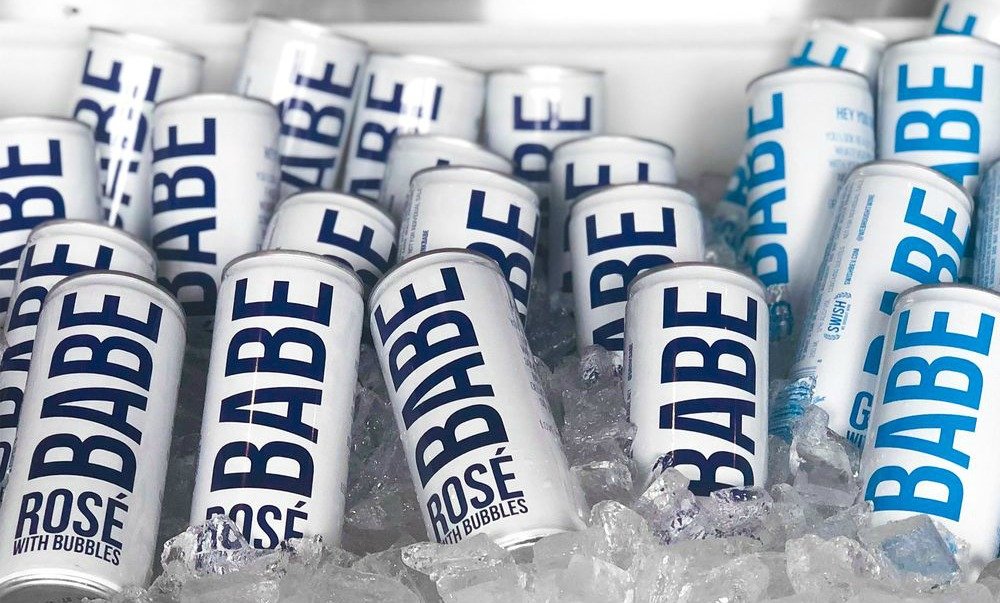
"And that was canned wine, the canned spirits, and now ready-to-drink works as well though our broad based machine for cocktails and beer, which has been around in the US, not really commercial in many states, which allow us to gain incremental volume outside the beer category. We're leveraging our existing capabilities and assets.
"The other one was to fill the category white space focusing on brands like Kombrewcha, which is kombucha with alcohol that have a higher opportunity to grow in micro trends. Southwest is big on that. But we continue to bet on that, because that could be something that connects to health and wellness, very low ABV, something that health and wellness consumers are willing to pay a premium for."
The future for beer
Brito said AB InBev was also focused on driving beer category growth by "leveraging the interlocking frameworks of the market maturity model, category expansion framework and growth champions".
"Core lager is at the center of the category expansion framework and is the heart of our business," Brito said.
"We have made significant advances in elevating our core brands around the world by segmenting our core lagers into easy drinking lagers and classic lagers, which have different liquid profiles and cater to different consumption occasions.
"By doing so, we drive incremental growth by reducing cannibalisation, while strengthening the relative positioning of each brand.
"While our core portfolio declined in volume in 2019, it was an improved trend from 2018 and we delivered strong growth from our core brands in meaningful markets such as Mexico, Colombia and Nigeria."
Brito added that premiumisation was a consumer trend across all AB InBev markets and a key element of the category expansion framework and its commercial strategy, as it generates incremental top and bottom-line growth.
"It is a critical growth driver for the global beer category, especially as consumers are trading up from core brands," he said.
"Our above core brands now comprise more than a quarter of our total volume and are growing ahead of the total company.
"Our global brands are at the forefront of our premiumisation strategy and had a very strong year, growing revenue by 8% outside of their home markets where they command a premium.
"Budweiser grew 3.3% outside of the US, led by strong performances from Brazil, Europe and India, but was negatively impacted by the softness in the nightlife channel in China, where it has a leading position.
"Stella Artois delivered growth of 6.5% outside of Belgium, with meaningful growth in the US and Brazil.

Share the content
